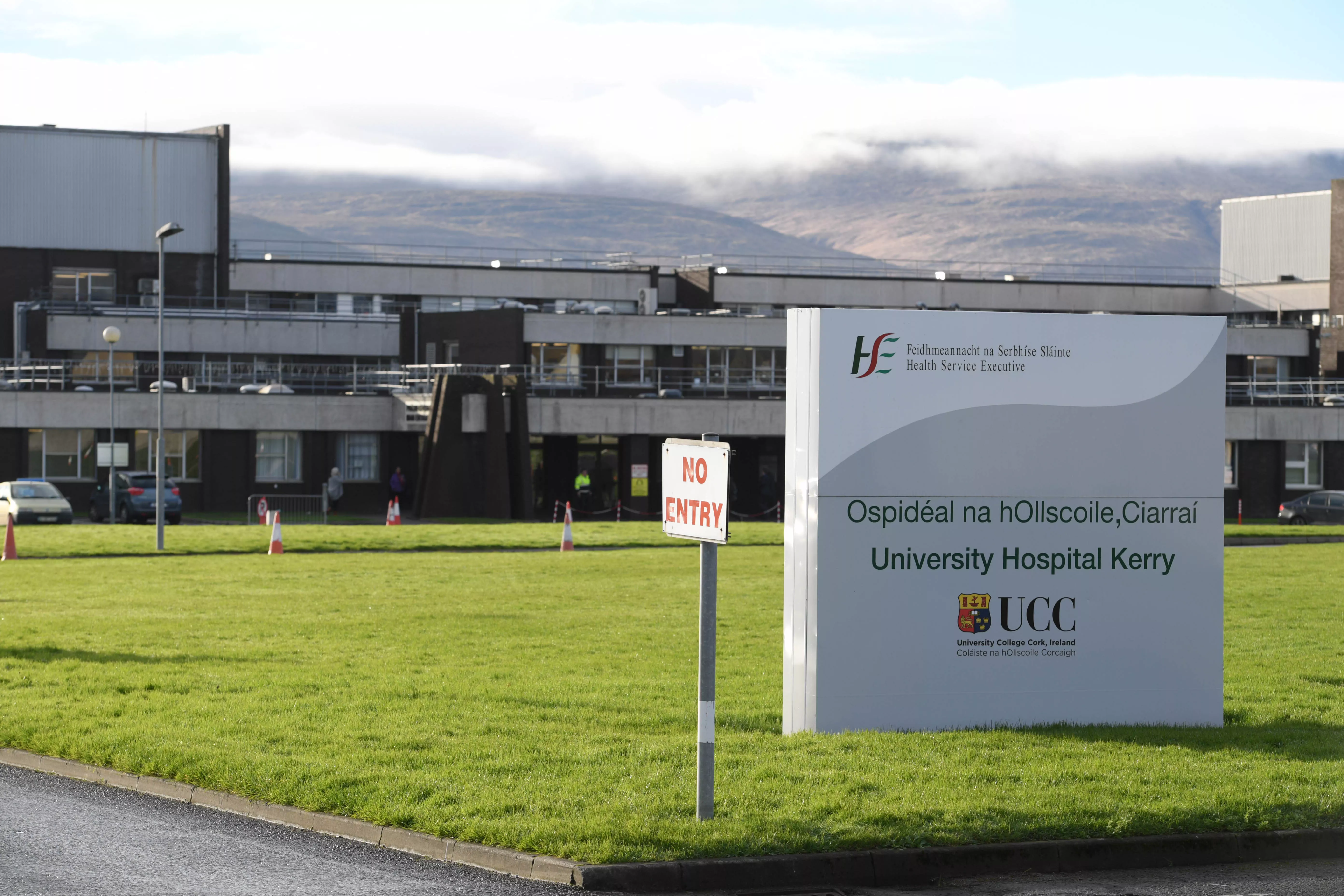Skin cancer patients who have to travel long distances to hospitals are presenting with more advanced stages of the disease, an Irish study has found.
It is widely accepted by medical specialists that distance and burden of travel is an important issue that can influence access to healthcare in patients with cancer.
At present, the study found that there are large disparities in access to specialist dermatology care across the country, especially between rural and urban areas.
The further that patients travel to reach their diagnosing providers, the more advanced their stage at diagnosis is likely to be.
Melanoma of the skin is the ninth most common cancer in Ireland accounting for 2.4% of all malignancy in men and 4.2% in women, with incidences continuing to rise.
Early detection and excision is the only effective treatment with survival dependent on what stage the diagnosis was given.
Currently, there is no Cancer Control Programme’s (NCCP) Melanoma General Practitioner.
Specialist pigmented lesion clinics (PLC) with a rapid access policy were first set up in the UK from the late 1980s with the aim of earlier detection and treatment of melanoma, and reducing melanoma-related mortality.
A PLC was first established in Cork in 2003, which resulted in the earlier detection and improved prognosis of melanoma patients.
A significant increase in diagnostic accuracy was seen in a similar study in the Mid-West after the introduction of a PLC in 2012.
Skin cancer treatment guidelines recommend that patients who present with a suspicious pigmented lesion should be referred, with the lesion intact, to a consultant dermatologist
Prognosis is best indicated by the Breslow thickness, and thinner melanomas are associated with a substantially higher five-year survival rate.
The aim of the study, published in this month’s Irish Medical Journal, was to review cases of melanoma diagnosed histologically in University Hospital Kerry (UHK) in 2016 and to compare them to cases of melanoma nationally and in Kerry.

University Hospital Kerry.
For each patient researchers recorded age, Breslow depth, and shortest distance to travel by car and travelling time (without traffic) to the South Infirmary Victoria University Hospital (SIVUH) in Cork from their primary residence.
The study found 20 cases of invasive melanoma were diagnosed in UHK in 2016. Of the 20 cases, nine or 45% presented at a very advanced stage with a Breslow depth of greater than 4mm. A further seven or 35% of cases had a depth of 1.5-4mm.
These patients with invasive melanoma had a mean age of 72.5. The mean shortest distance to travel from the patient’s primary residence to the SIVUH was 114.8km taking an average of 102 minutes by car.
Cases of melanoma diagnosed locally in UHK presented at an advanced stage compared to the national average.
80% of the invasive melanomas in the hospital had a depth of 1.5mm or greater compared to the national average of 33% and the average for Kerry of 31%, while 45% presented with a depth greater than 4mm compared to the national average of 12.9% and the average for Kerry of 13%.
Dr Siobhán McCarthy, a co-author of the study said: “ We suspect that the long distances to travel to the hospital’s pigmented lesion clinic is a barrier for these patients.
“Our concern is that patients are presenting later due to lack of access to a local PLC. These patients are instead treated in a non-specialised setting leading to delays in assessment and excision.
“We suspect that the long distances to travel to the SIVUH pigmented lesion clinic is a barrier for patients who are elderly or disadvantaged, and thus unable to travel.
A PLC in University Hospital Kerry would provide these patients with local rapid access, with the aim of improving uptake of early specialist care and intervention.
"The presence of a such a clinic at the hospital would also create better awareness of melanoma, both amongst healthcare practitioners and the general community, with resulting earlier detection.”
Photo: The South Infirmary Victoria University Hospital.






